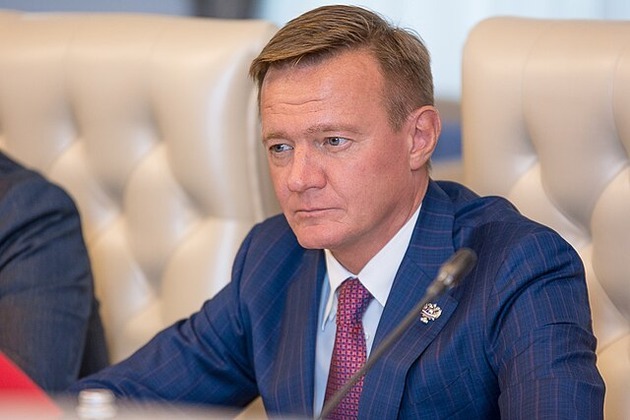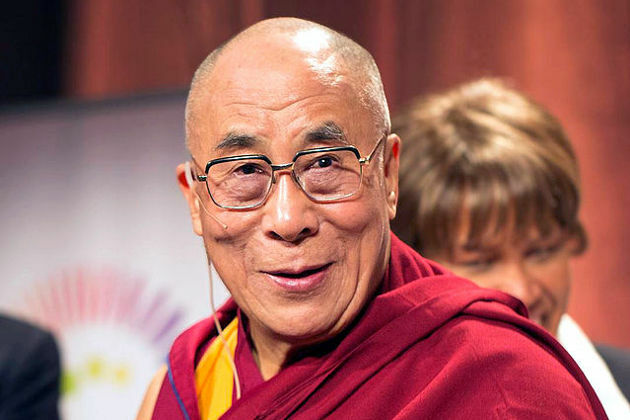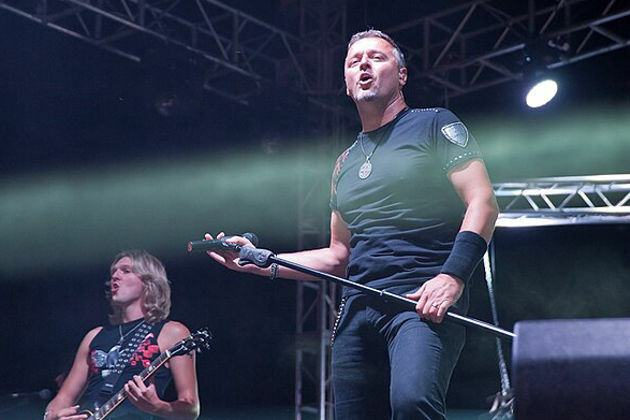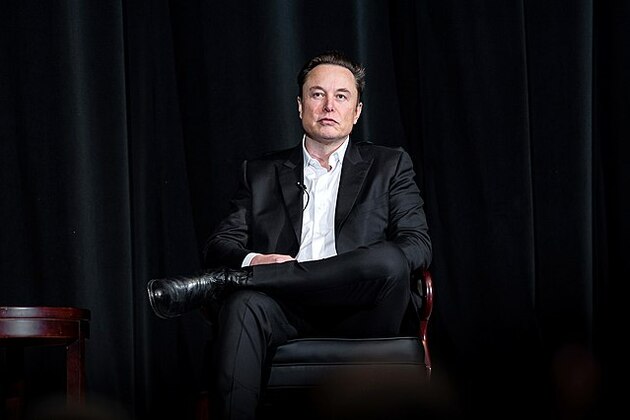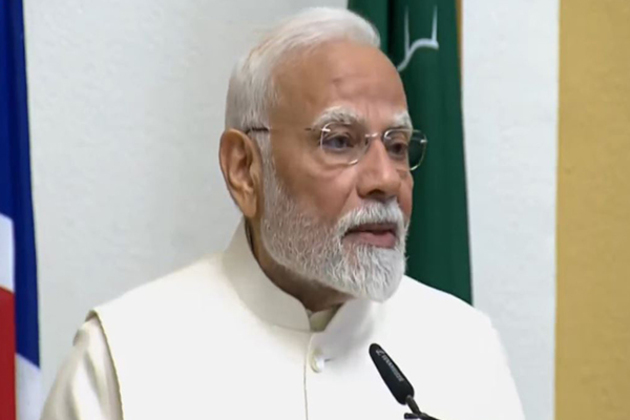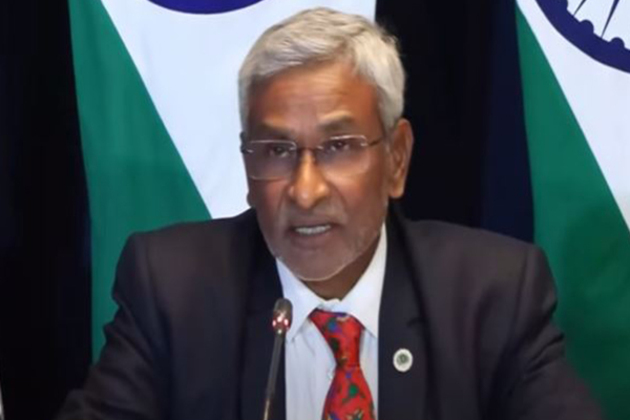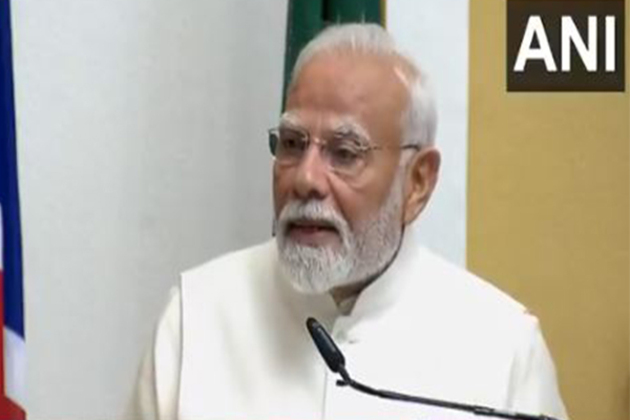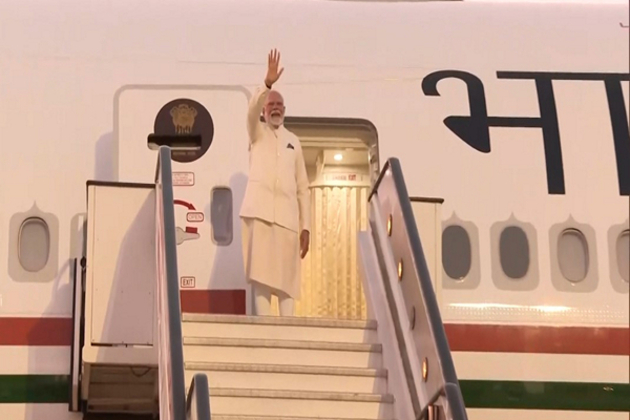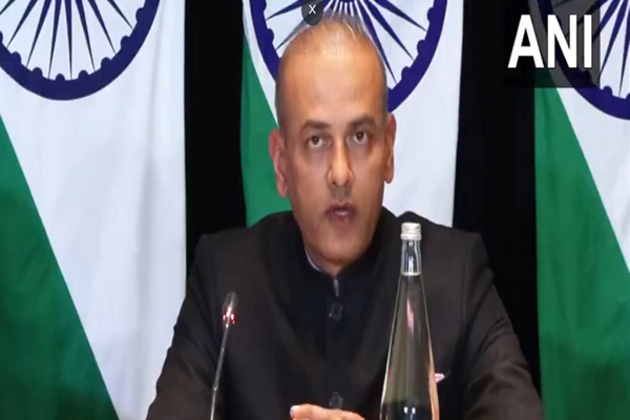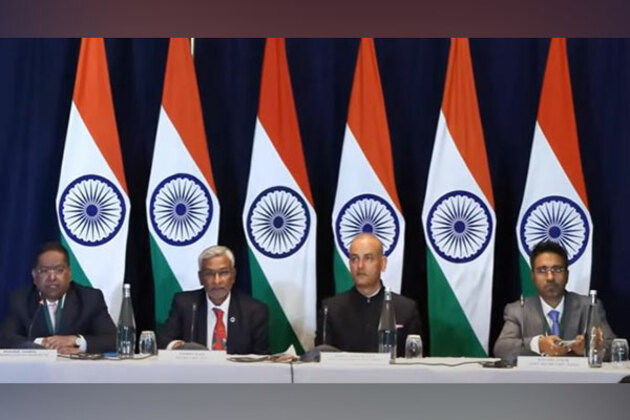What stands in the way of a new South Sudan post-conflict constitution
The Conversation
29 Nov 2021, 20:10 GMT+10
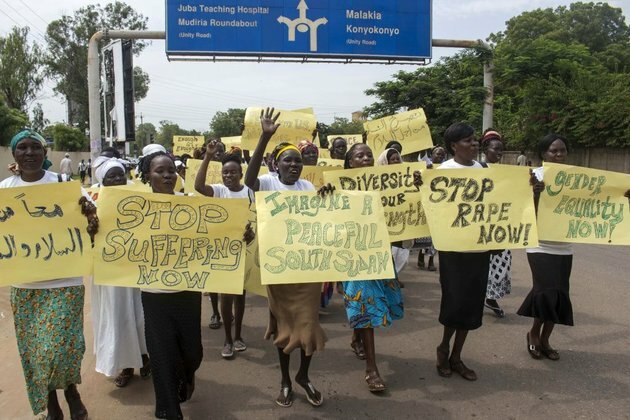
South Sudan became an independent country following a long armed struggle to break away from Sudan. At a referendum in 2011, millions voted in favour of secession, creating Africa's 55th independent state. Since then, the nation of 11 million has been governed under the Transitional Constitution.
The process of drafting what is referred to as a 'permanent' constitution started in 2012. But it was interrupted by the conflict of 2013 and then again in 2016. The conflict was eventually defused by an agreement between the warring parties in 2018.
South Sudan is, therefore, yet to draft a constitution that the country's population can call its own. This is unlikely to take place so long as obstacles to effective people's participation remain. These include the slow implementation of the 2018 agreement which is the mainstay of peaceful coexistence. There is also large number of displaced people who have fled the country, and the lack of civic freedoms to ensure participation without threat or intimidation.
The challenges of people's participation in constitution building processes is one of the main obstacles facing the country. In this article, we propose three broad recommendations to remove such barriers to effective people's participation in building their democratic future.
First, the unity government should prioritise grassroots reconciliation after the devastating conflicts of 2013 and 2016. This is a precondition to meaningful people's participation in constitution building.
Second, the government in collaboration with development partners, should facilitate the return and resettlement of all internally displaced people and refugees.
Third, the government should prioritise implementation of law reforms that allow freedom of expression which is a necessary democratic safety valve.
People as sovereigns in constitution building
People's voices in constitutional design are the bedrock of political legitimacy. This is even more so in divided nations, where the coming together of its various and often antagonist constituencies requires trust and confidence building. Achieving this through constitutional design requires a transparent process in which all feel included.
The 2018 agreement acknowledges the centrality of people's sovereignty on whose consent a viable state may emerge. It stipulates that the 'permanent' constitution shall be based on 'supremacy of the people of South Sudan'. This is also affirmed under article 2 of the Transitional Constitution.
The 2018 peace agreement also puts in place mechanisms to engage the people of South Sudan in crafting their governance framework. It provides for a timetable in which the National Constitutional Review Commission is to
Whilst these plans are plausible, they are not sufficient to effectively capture all South Sudanese voices. To be legitimate, the 'permanent' constitution must overcome three main barriers to popular participation:
Uprooted and displaced risk exclusion
The United Nations High Commissioner for Refugees estimates that '4.3 million people have been displaced in South Sudan', with two million living as refugees in neighbouring countries. These are Sudan, Ethiopia, Democratic Republic of the Congo, Uganda and Kenya. This represents almost half of the country's population uprooted by the conflict, and who are in desperate need to return home and participate in rebuilding their communities.
Of the more than 2 million internally displaced people, 200,000 are sheltering in United Nations protection sites.
When one adds the ever-growing ranks of South Sudanese voluntarily leaving the country, it is conceivable that the large majority of people might be excluded from the process.
Climate of fear
It is true that even in situations where there is peace and democratic governance, not everyone participates in the constitution building process. Some simply disengage, others are challenged by demands of the process of participation, such as language barriers and distance to and from consultation venues. Others could even voluntarily disengage from the process because they may have lost hope.
Added to this is the fear instilled in ethnic minorities owing to the shrinking civic space and bulldozing role of militarised groups whose voices continue to prevail over everyone else.
Simmering conflict and division
The 2018 peace agreement has not fully ended the conflict in South Sudan. Ragtag groups continue to engage in military confrontation with government forces. There is also frequent inter-communal violence that continues to displace communities. The agreement's transitional justice mechanisms - which include a Truth Commission - put forward to promote peace and justice have not been implemented. This has left local peace efforts captive to political influence by elites that are yet to truly reconcile.
Conclusion
The conflict that erupted in 2013 and again 2016 was only arrested through a formal agreement in which parties agreed to cease hostilities and formed a national unity government. But communities remain unreconciled and divisions among them run deep. Yet a meaningful participation of people cannot take place in conditions of insecurity, intimidation and antagonism. Peace-building at grassroots should, therefore, be prioritised.
Constitution building in South Sudan is about redefining the future of the country and its peoples. It is, therefore, imperative that all people participate in this process. The government should facilitate the return and resettlement of its displaced population. They can then participate not just as individuals, but as members of a community with shared aspirations.
Authors: J. Geng Akech - PhD candidate, University of Pretoria | Magnus Killander - Professor, Centre for Human Rights in the Faculty of Law, University of Pretoria 
 Share
Share
 Tweet
Tweet
 Share
Share
 Flip
Flip
 Email
Email
Watch latest videos
Subscribe and Follow
Get a daily dose of Johannesburg Life news through our daily email, its complimentary and keeps you fully up to date with world and business news as well.
News RELEASES
Publish news of your business, community or sports group, personnel appointments, major event and more by submitting a news release to Johannesburg Life.
More InformationInternational
SectionDeadly July 4 flash floods renew alarm over NWS staffing shortages
WASHINGTON, D.C.: After months of warnings from former federal officials and weather experts, the deadly flash floods that struck the...
Putin fires transport chief, later found dead in suspected suicide
MOSCOW, Russia: Just hours after his sudden dismissal by President Vladimir Putin, Russia's former transport minister, Roman Starovoit,...
Thousands gather in Himalayas as Dalai Lama celebrates 90th birthday
DHARAMSHALA, India: The Dalai Lama turned 90 on July 6, celebrated by thousands of followers in the Himalayan town of Dharamshala,...
Fans perform WWII-era Fascist salute at Marko Perković’s mega concert
ZAGREB, Croatia: A massive concert by popular Croatian singer Marko Perković, known by his stage name Thompson, has drawn widespread...
U.S. Treasury Secretary says Musk should steer clear of politics
WASHINGTON, D.C.: Elon Musk's entry into the political arena is drawing pushback from top U.S. officials and investors, as his decision...
TikTok building U.S.-only app amid pressure to finalise sale
CULVER CITY, California: TikTok is preparing to roll out a separate version of its app for U.S. users, as efforts to secure a sale...
Africa
SectionWith Africa, India seeks not to compete, but to cooperate: PM Modi
Windhoek [Namibia], July 10 (ANI): Hailing the relations between India and Africa, Prime Minister Narendra Modi stated that the ties...
Delegation-level talks covered wide gamut of issues...critical minerals: MEA on PM Modi's visit to Namibia
Windhoek [Namibia], July 10 (ANI): The Ministry of External Affairs on Wednesday highlighted that during Prime Minister Narendra Modi's...
PM Modi makes cricket references in speech in Namibia Parliament, wishes success in co-hosting 2027 Cricket World Cup
Windhoek [Namibia], July 10 (ANI): Prime Minister Narendra Modi's references to cricket during his address to the joint session of...
PM Modi concludes five-nation tour, departs from Namibia
Windhoek [Namibia], July 9 (ANI): Prime Minister Narendra Modi concluded his five-nation tour and departed for New Delhi on Wednesday,...
India, Namibia defence ties strengthen with Line of Credit offer
Windhoek [Namibia], July 9 (ANI): India on Wednesday offered a Line of Credit (LOC) to Namibia, specifically to facilitate the purchase...
NPCI, Namibian Central Bank enter licensing agreement to develop a UPI-like instant payment system: MEA
Windhoek [Namibia], July 9 (ANI): The Ministry of External Affairs on Wednesday confirmed a licensing agreement between India and Namibia...


